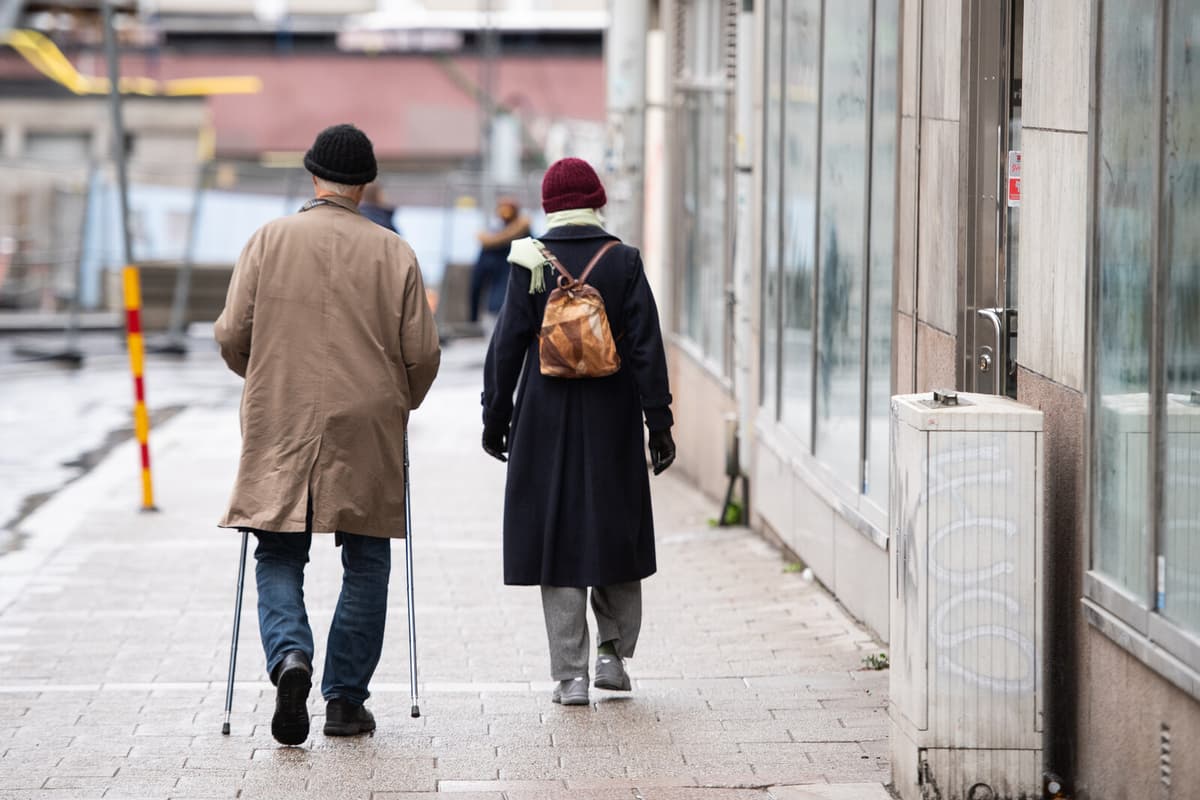According to the report "Public Health in Sweden", which is based on both surveys and data from the Public Health Agency's registers, nearly 70 percent of the population rate their health as good.
Among the bright spots, it is also highlighted that life expectancy has increased to over 83 years. Additionally, mortality from heart and cardiovascular diseases and certain forms of cancer, which are the most common causes of death, is decreasing.
"At the same time, there are several worrying results in the report. We see, for example, signs that mental illness is increasing, more people have obesity, and there are still significant differences between different groups in the population", says General Director Olivia Wigzell, in a press release.
Inequal Health
In the report, the Public Health Agency notes that there are systematic differences between individuals with high and low socioeconomic status. In comparison, the latter group rates their health lower, dies more often before the age of 65, and has a shorter life expectancy.
Individuals with low socioeconomic status also have lower confidence in social institutions and are more often exposed to violence.
Incomes are not Enough
In several areas, health and the prerequisites for good health are "not at satisfactory levels", according to the Public Health Agency. The results show, among other things, that 100,000 adults and 70,000 children and young people live in households where incomes have not been sufficient for several years.
According to the agency, both broad and targeted measures are needed to create more equal public health.
The Public Health Agency publishes an annual report on the long-term development of public health in Sweden and how equally health is distributed in the population.
The results are based on register data from the National Board of Health and Welfare and the Public Health Agency, as well as data from the Public Health Agency's surveys "Health on Equal Terms" and "Schoolchildren's Health Habits".
The answers where adults rate their own health were collected in the spring of 2024.
Source: Public Health Agency






